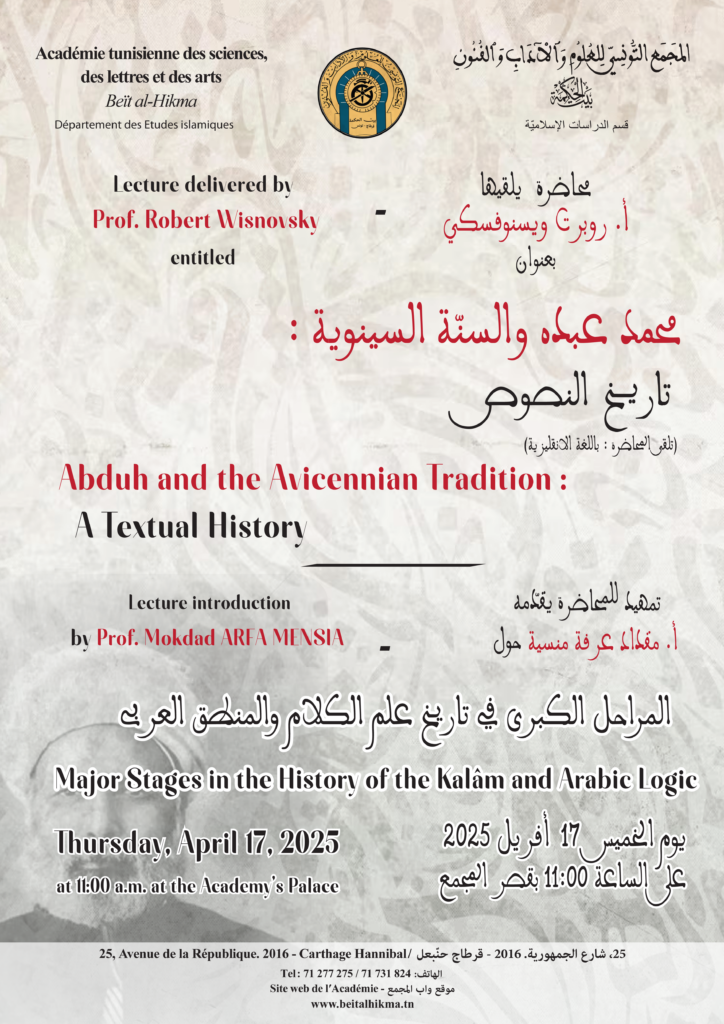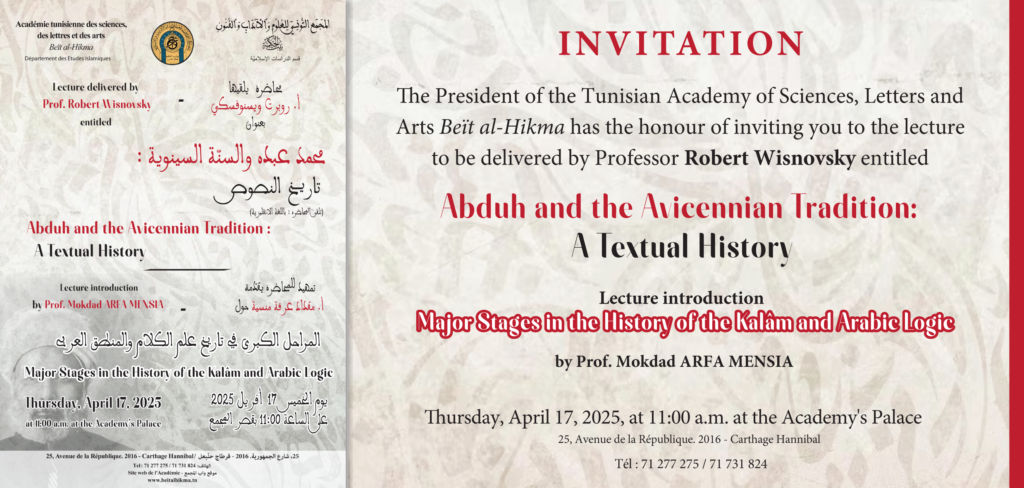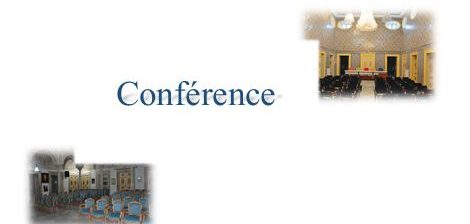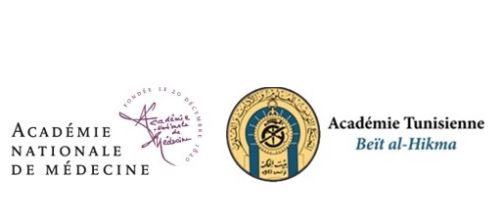
Absract
Compared to his Risālat al-Tawḥīd, which has received massive scholarly attention, and been translated into several European languages, two more technically complex philosophical works by Muḥammad ʿAbduh (d. 1323/1905) remain in the shadows. This paper will contextualize ʿAbduh’s composition and subsequent publication of these two understudied philosophical works. The first – his Ḥāshiyah on Jalāl al-Dīn al-Dawānī’s (d. 908/1502) Sharḥ on al-ʿAqāʾid al-ʿAḍudiyyah of ʿAḍud al-Dīn al-Ījī (d. 756/1355) (Cairo: al-Maṭbaʿah al-Khayriyyah, 1905) – is a continuous (though incomplete) supercommentary that demonstrates ʿAbduh’s command over the long tradition of post-Avicennian philosophical theology. The second – his Taʿlīqāt (alt. Taʿālīq) on al-Baṣāʾir al-Naṣīriyyah fī ʿIlm al-Manṭiq of Ibn Sahlān al-Sāwī (d. ca. 566/1170) (Cairo: al-Maṭbaʿah al-Kubrā al-Amīriyyah, 1898) – is a set of discontinuous glosses that reflect ʿAbduh’s attempt to return to the earliest phase of the post-Avicennian logical tradition. What exactly were ʿAbduh’s motivations in composing these two works of commentary? To what extent do they show ʿAbduh engaging in the traditions of post-Avicennian philosophical theology and logic, and to what extent do they show him stepping away from those traditions? What were the precise reasons behind their publication by these particular presses at those particular times? Who was involved in their edition and publication, and who was their intended readership? This paper will address these and related issues (including the recent challenges to ʿAbduh’s authorship of the Ḥāshiyah) with the hope of shedding light on late-19th-century Arab modernist conceptions of the Islamic philosophical heritage.






